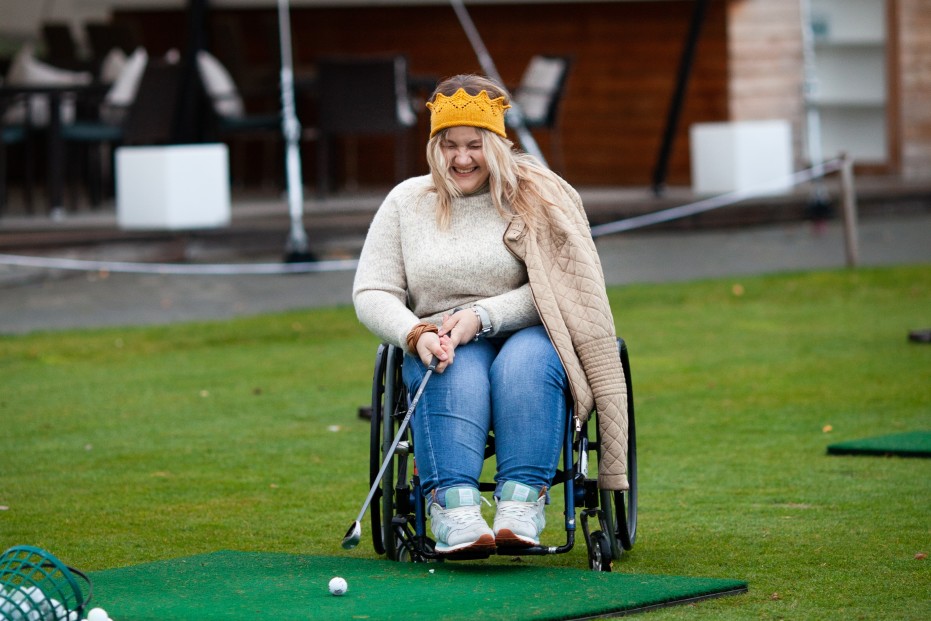The huge shakeup being caused by Covid-19 is an opportunity for businesses to rethink their accessibility.
Not much of our world is explicitly designed with disabled people in mind, and online and offline shopping is no exception. The pandemic may have made this situation worse. More people are doing the bulk of their shopping online, which means things like grocery delivery slots aren’t always available to those who need it most. Store websites also aren’t often designed to be accessible to those with different needs. Face masks on staff create issues for anyone who relies on lip reading, and one-way systems and other floorplan configurations designed to stop people congregating can sometimes be more challenging for physically impaired people to navigate.
Not catering to disabled customers will be considered unfair by a lot of people. It also seems commercially shortsighted. Disabled people make up just under a fifth of the UK population and have a combined spending power of £249 billion. This so-called ‘purple pound’ is increasing by 14 percent each year. That’s a lot of potential customers and potential money for companies to target. According to Purple, a charity, disabled people also tend to be “fiercely loyal” to brands that disabled-friendly. Yet less than 10 percent of companies have created a business plan on how to reach them.
A useful comparison might be the ‘pink pound’, which is the term sometimes given to the spending power of the LGBT+ community. It is estimated by the charity Stonewall to be £70-80 billion in Britain. In recent years, many companies have sought to boost profits by creating marketing strategies which explicitly target this demographic, especially during Pride month. While some members of the LGBT+ community find this sort of commercial pandering somewhat tacky (remember the infamous M&S LGBT sandwich?), plenty of business consultants have reported that being inclusive is good for business, not only with marginalised demographics but with a wider base of socially-conscious 'allies'.
Many people expect the pandemic to permanently change some human behaviors, including the way we shop. Online and offline stores will have to adapt, and many will be already planning long-term changes. Campaigners therefore say that now is the perfect time for businesses to think about how they could be made more accessible. And it's not just disabled customers who would benefit - the improvements should also make work easier for disabled staff.
Read our explainer on: how does identity affect our economic experiences?

